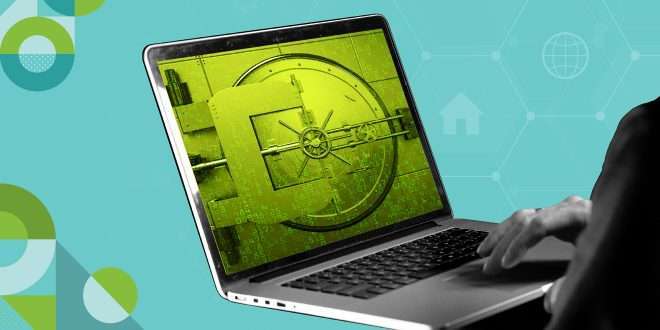Welcome to our comprehensive security guide for CMS platforms. In this blog, we will delve into the various aspects of website security and equip you with the knowledge to safeguard your online presence effectively. From understanding the types of CMS to implementing robust security measures, we’ve got you covered.
Understanding the Types of CMS
Proprietary CMS
Proprietary CMS platforms are those that are owned and developed by specific companies. Examples include Adobe Experience Manager and Sitecore. While these platforms offer advanced features and dedicated support, they can be expensive and may have limited customization options.
Open Source CMS
Open source CMS platforms, like WordPress, Joomla, and Drupal, are popular due to their flexibility, cost-effectiveness, and vast community support. However, the open nature of their code makes them susceptible to security vulnerabilities if not properly managed.
The Importance of CMS Security
Website security is not a matter to be taken lightly. A breach could lead to compromised user data, loss of customer trust, and even legal consequences. Understanding the significance of CMS security is paramount to implementing robust protection measures.
Common Security Risks and Vulnerabilities
Outdated Software and Plugins
Running outdated CMS versions or using unsupported plugins can expose your website to known vulnerabilities. Regularly updating your CMS and plugins is vital to address security loopholes.
Weak Passwords and User Access Control
Weak passwords are an open invitation to hackers. Enforce strong password policies and limit user access privileges to prevent unauthorized access.
Best Practices for Securing Your CMS Platform
Regular Backups
Perform regular website backups to ensure you can quickly restore your site in case of a cyber attack or data loss.
SSL Encryption
Implement SSL certificates to encrypt data transmitted between your website and users, protecting sensitive information from interception.
Protecting Against DDoS Attacks
Distributed Denial of Service (DDoS) attacks can cripple a website’s performance by overwhelming it with traffic. Employing DDoS protection measures, such as web application firewalls (WAFs), can help thwart such attacks.
Web Application Firewall (WAF)
A WAF acts as a protective barrier between your website and potential threats. It filters incoming traffic and blocks malicious requests, safeguarding your website from common attacks.
Securing File Uploads
File upload functionalities are convenient but can be exploited to inject malicious code into your server. Implement strict validation and scanning of uploaded files to prevent such security breaches.
Monitoring and Incident Response
Stay vigilant by regularly monitoring your website’s security logs. Establish an incident response plan to address any potential threats promptly.
Commonly Asked Questions
Q1: What are the different types of CMS platforms available?
There are two primary types of CMS platforms: proprietary CMS, owned and developed by specific companies, and open source CMS, accessible to the public and community-driven.
Q2: How can I secure my CMS platform from cyber threats?
Securing your CMS platform involves keeping software and plugins up to date, using strong passwords, enforcing user access control, and implementing SSL encryption, among other best practices.
Q3: What is the significance of regular website backups?
Regular backups ensure that you can restore your website to a previous stable state in case of data loss or cyber attacks.
Q4: How can I protect my website from DDoS attacks?
Employing a Web Application Firewall (WAF) can help protect your website from DDoS attacks by filtering incoming traffic and blocking malicious requests.
Q5: Why is securing file uploads important for website security?
Securing file uploads is crucial to prevent malicious files from being injected into your server and compromising your website’s security.
Final Words
Securing your website is a non-negotiable aspect of managing an online presence. By understanding the various CMS platforms available and implementing the right security measures, you can safeguard your website from potential cyber threats. Remember, staying proactive in your approach to website security is the key to protecting your digital assets and maintaining your reputation. Take the necessary steps today to ensure a safer tomorrow for your online endeavors.
 webfily
webfily


